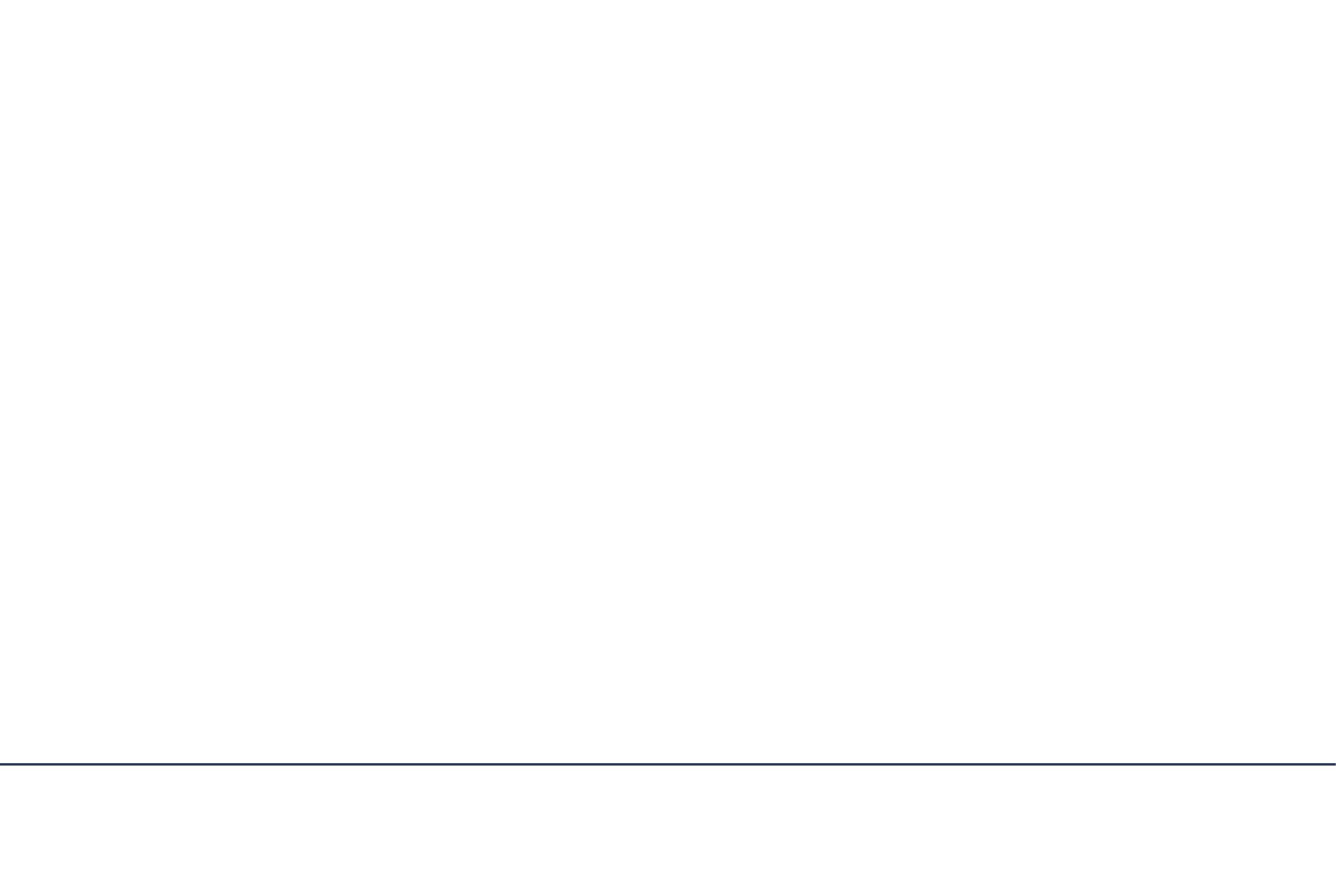Tax Year End Checklist (Part 2)

ISA Allowance Everybody has an ISA allowance of £20 000 per year. An ISA is basically just a ‘wrapper’ that can hold an asset, normally cash or stocks and shares. As described above, you can earn a certain amount in savings interest each year before being liable to tax via the Personal Savings Allowance and […]
Tax Year End Checklist (Part 1)

Personal Allowance Personal Allowance:The first £12 570 of your earnings are tax-free. Make sure you fully utilise your Personal Allowance each year as it can’t be carried forward Marriage Tax Allowance If you’re married or in a civil partnership and one of you earns less than the £12 570 Personal Allowance, up to £1260 […]
Better Financial Advice for North Cumbria
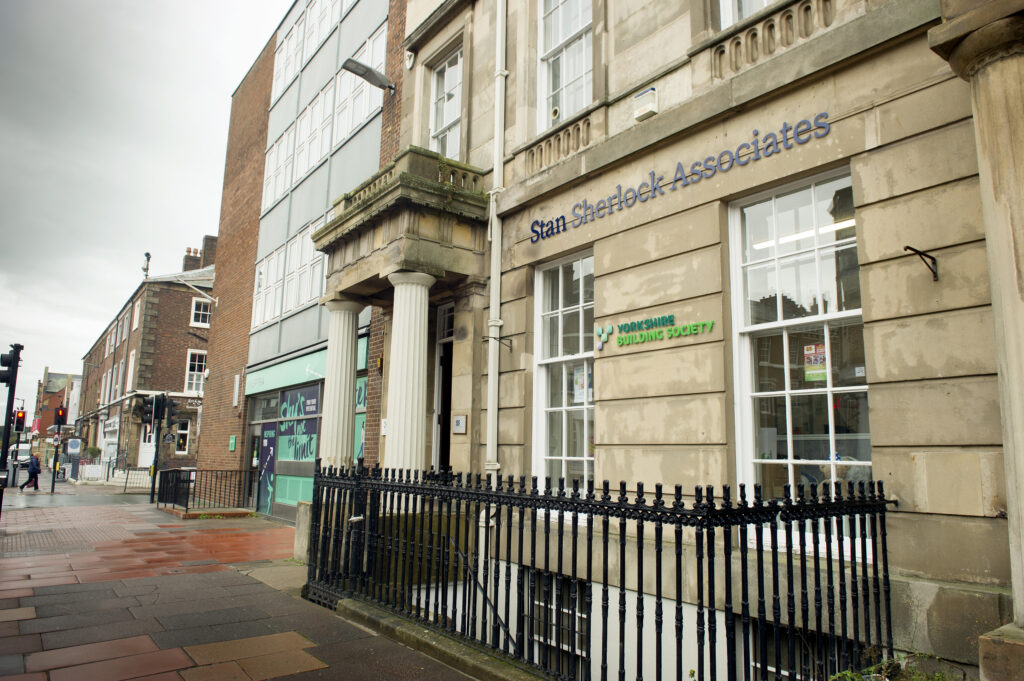
We are raising the bar for financial advice in Carlisle and the surrounding areas. Considering the nature of the current economic climate, Stan Sherlock Associates, is inviting financial advisers from across the city to take part in a technical learning event, in conjunction with The Prudential. The event is for advisers from across the city […]
Can your pension sustain your retirement?
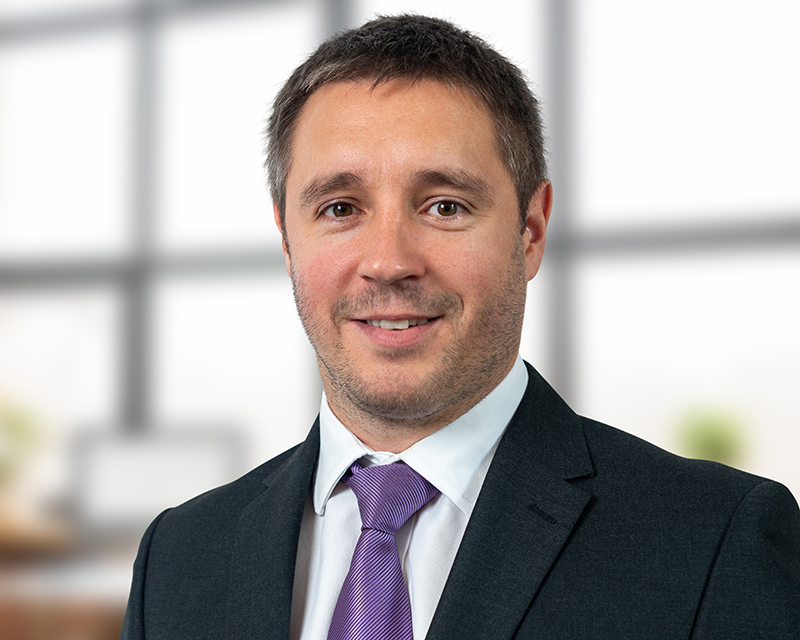
Our Financial Adviser Robert Sherlock answers your top questions With many people falling short of having enough saved for retirement, it’s worth thinking about how long your pension can sustain your lifestyle. With recent news about rising inflation increasing the cost of living, along with people living longer, it’s more important now than ever to […]
Use it or lose it! Our Financial Planner Robert Sherlock looks at how you can maximise your tax allowances and reliefs before the end of the tax year
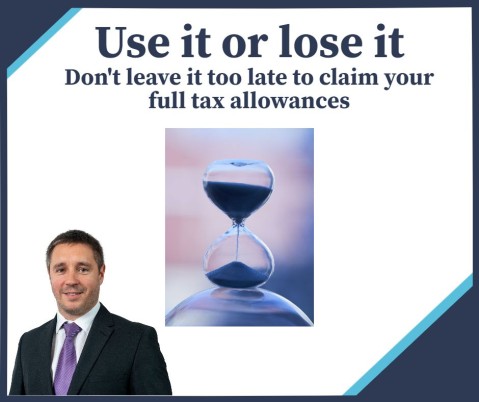
How to maximise your tax allowances and reliefs before the end of the tax year Could you be missing out on hundreds of pounds, maybe even thousands? Money that could be in your bank account rather than the tax man’s. There are many different types of tax allowances and reliefs available to people who live […]
Would you benefit from consolidating your pensions?
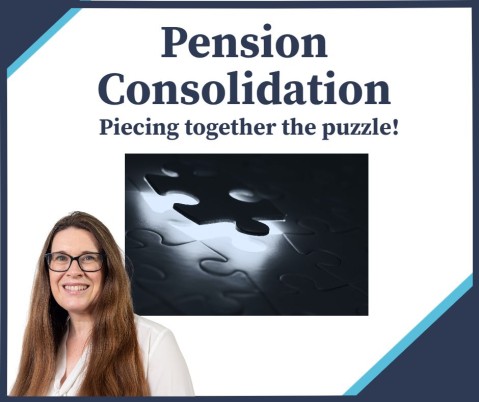
Not all Jobs are for life like they used to be! More and more of us are changing jobs on a more regular basis and this results in many of us have more than one pension. As we move home as well as jobs, it’s very easy to lose track of them. Here I explore […]
With the possibility of negative interest rates, we ask, IS YOUR MONEY REALLY SAFE?

Are you a saver? Saving your hard earned surplus cash for a rainy day? Or a big occasion? Or maybe for your retirement? Perhaps you’re squirrelling away pennies in a “safe” savings account ready for when you want to spend it. But…what is safe? The capital amount may be guaranteed and will grow with interest […]
3 tips to help you work out if your adviser is REALLY doing a good job for you.
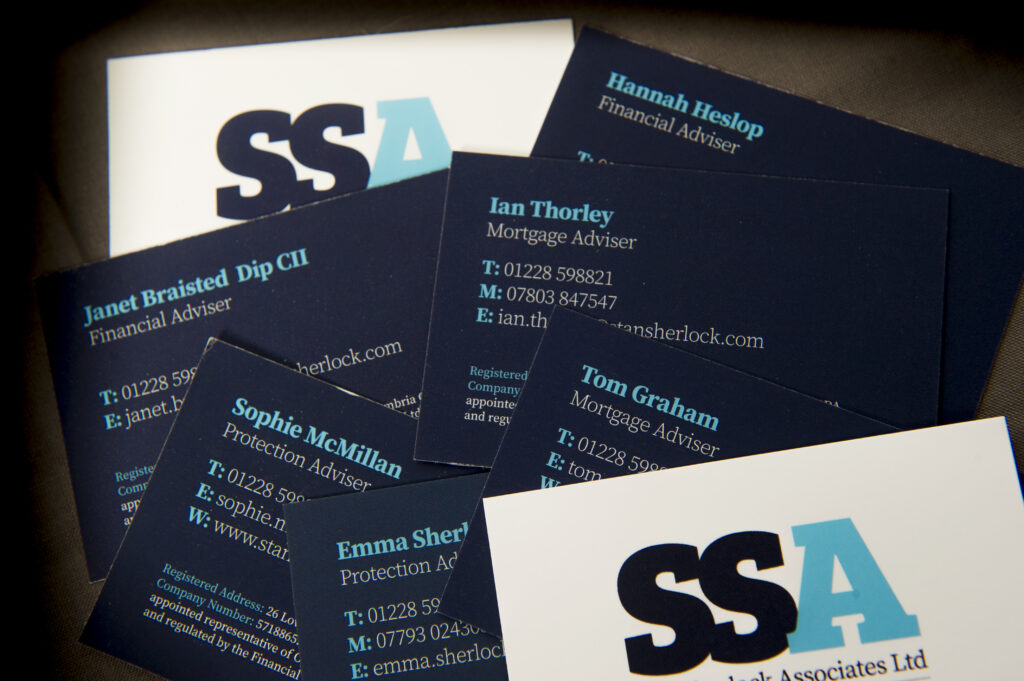
The world of finance can be a puzzling place. Numbers mixed with words mixed with acronyms. It can be hard to decipher, harder still to know what’s best and even harder to know if the adviser you have chosen is REALLY doing a good job for you! We have pulled together 3 tips for you […]
Tax-free investing – it’s time to talk
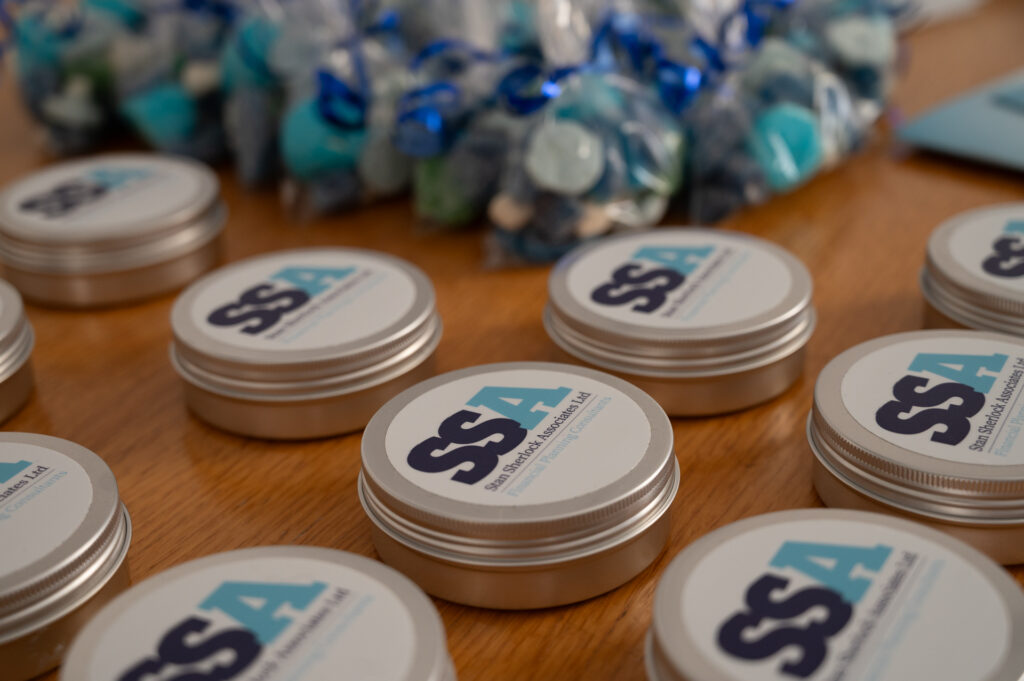
With the first wave of Child Trust Funds maturing this year, there’s a great opportunity to talk to your children about the benefits of saving and investing. If one of your children has recently celebrated their 18th birthday then there’s a good chance they’ll have some money in a Child Trust Fund (CTF), which they […]
Protecting your business in difficult times

During the past few months, millions of businesses have been forced to shut temporarily, with employees furloughed or working from home under very difficult circumstances. With various business sectors reopening in July, many have suffered significant financial damage due to lockdown. For some businesses, productivity has been lost due to illness and self-isolation, while others […]
